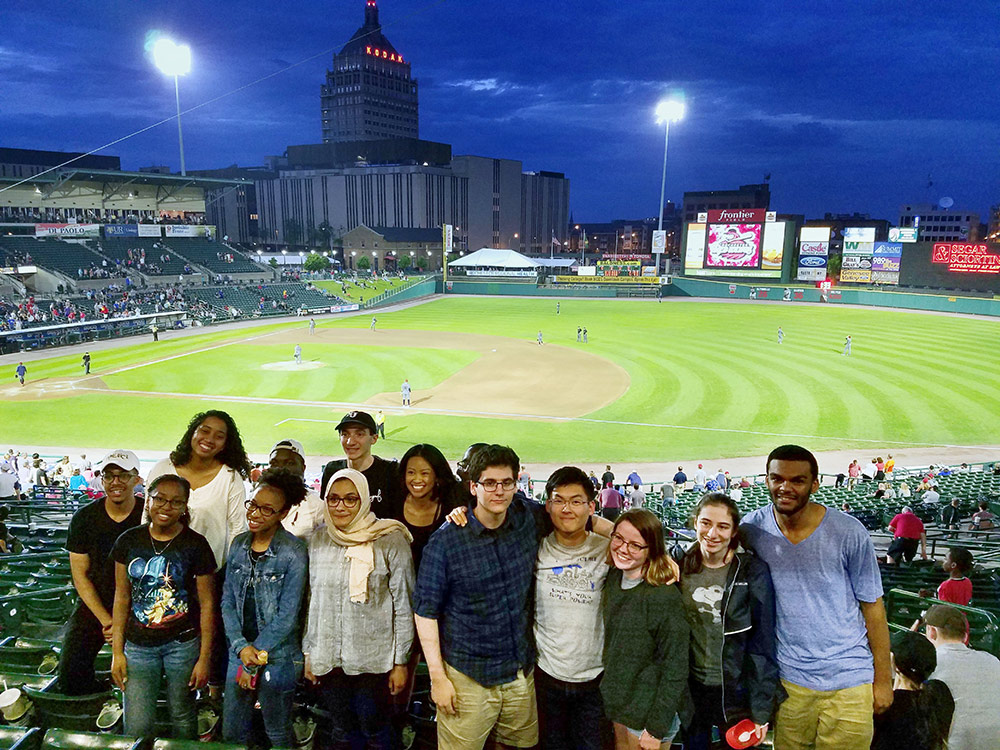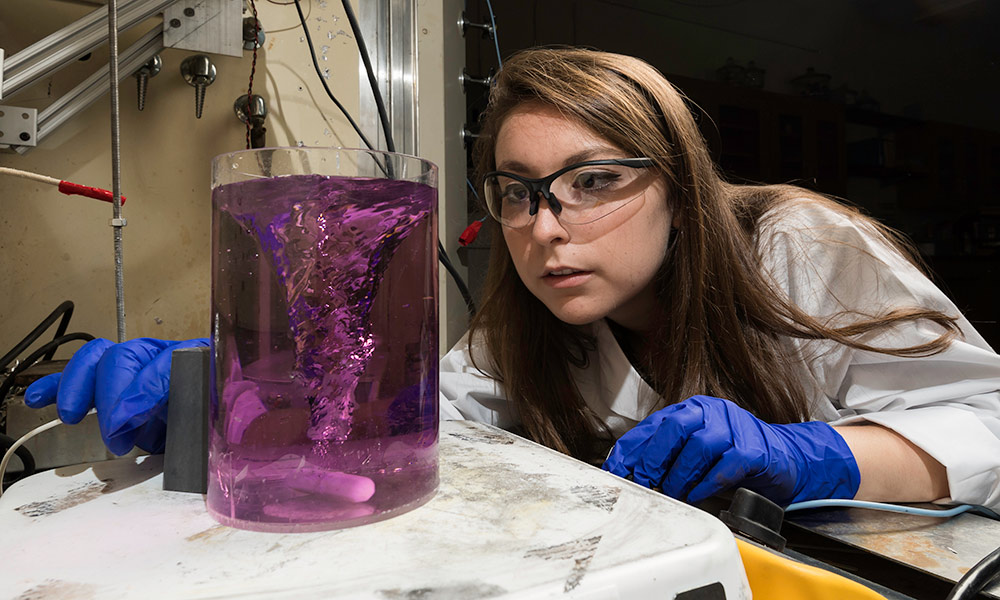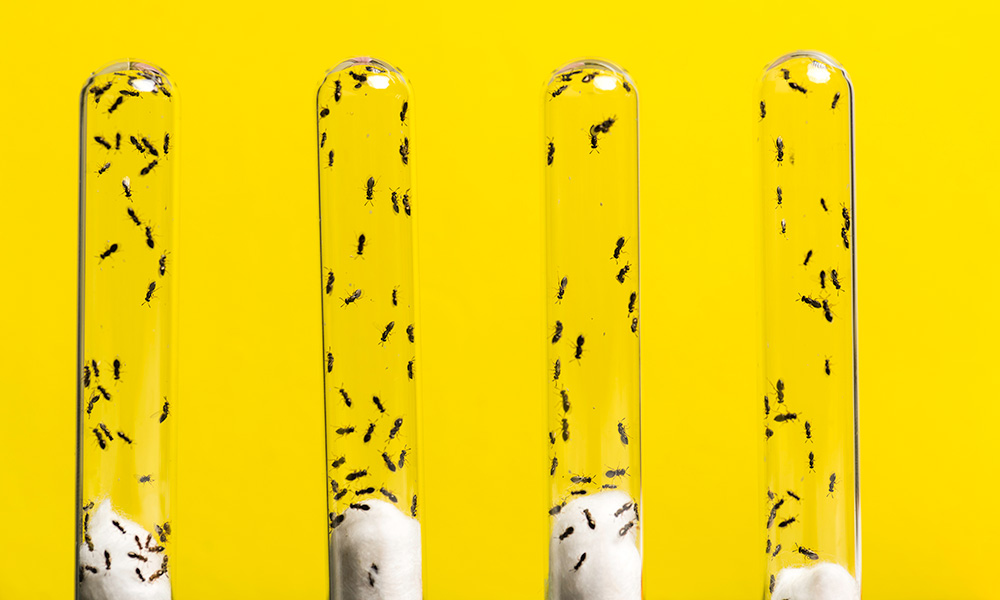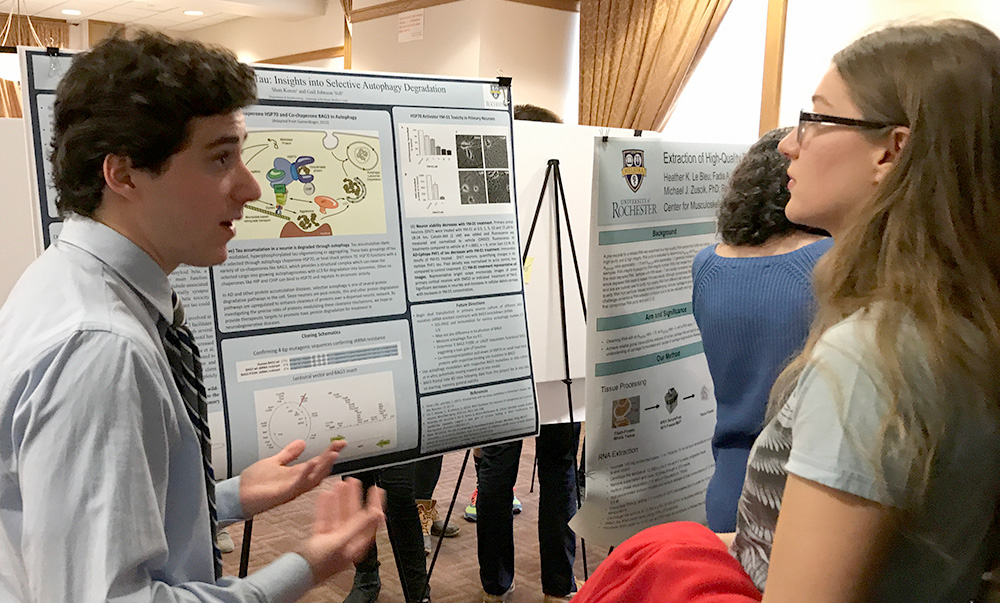
Campus Life
It’s one community for Kearns summer researchers
July 28, 2017
In their labs, the 61 Kearns Center summer researchers work among one another, and in their dorms they live among one another, forming tight friendships that will be vital as they move on to graduate school and professional careers.









